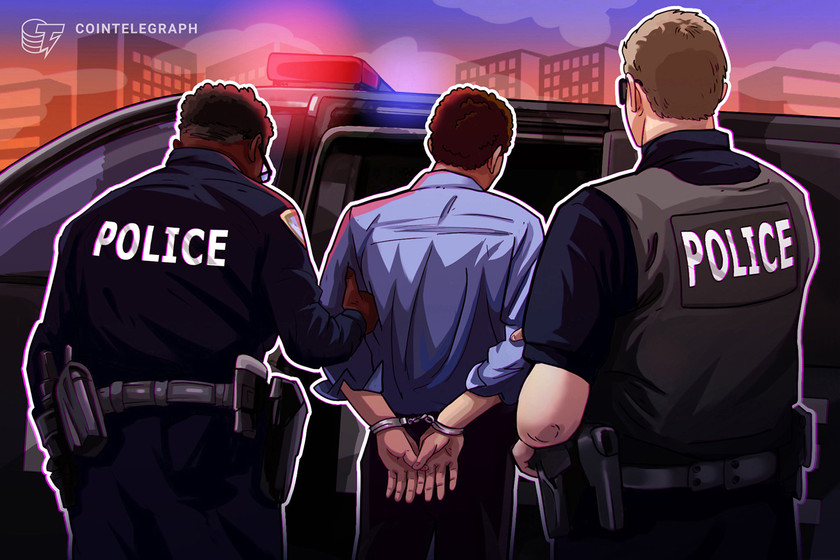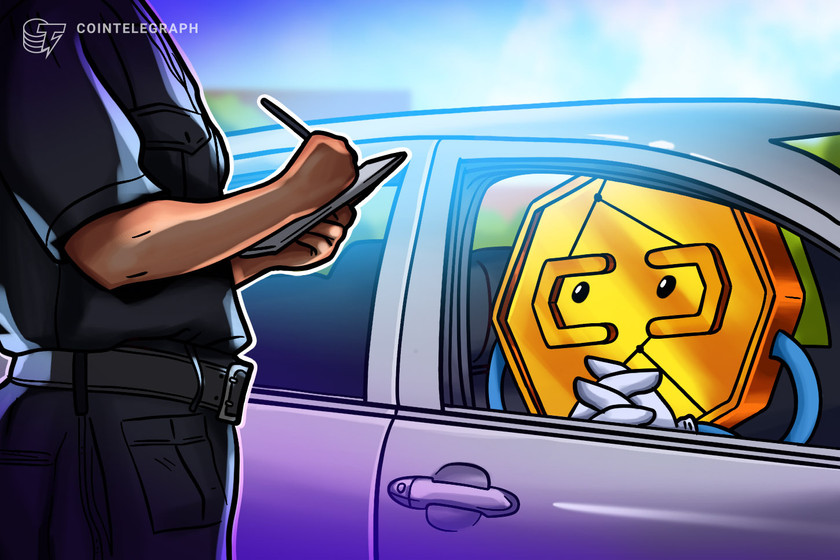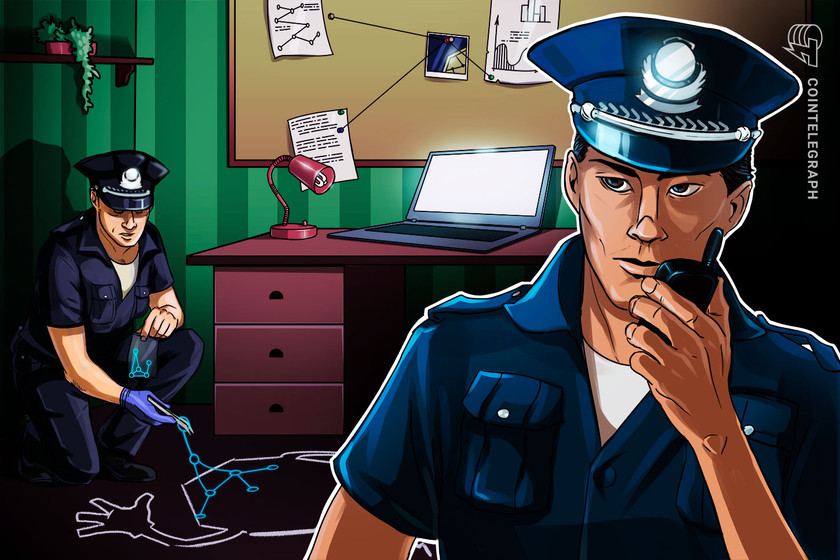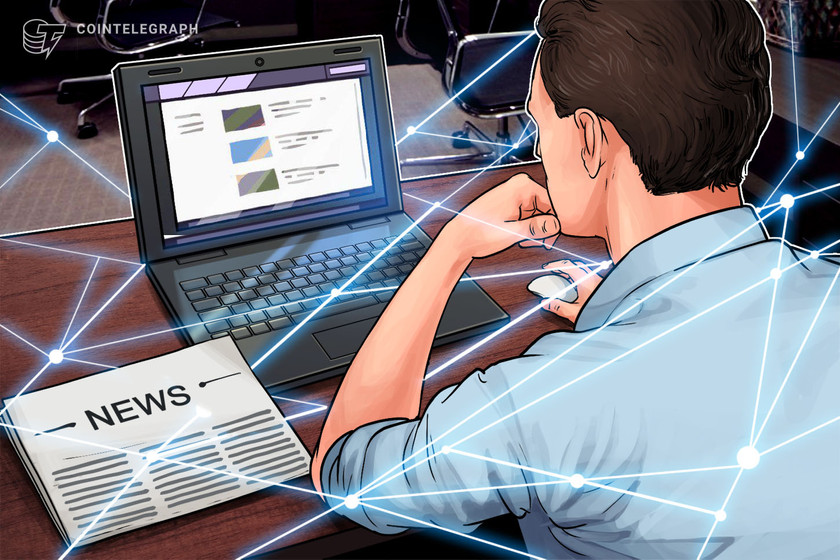Brit who consulted North Korea on crypto reportedly detained in Moscow


Earlier, Christopher Emms was released by Saudi authorities due to the lack of evidence against him.
The Moscow bureau of Interpol detained a British national charged by the United States Department of Justice (DoJ). The man is accused of conspiring to violate U.S. sanctions on North Korea.
According to local media, on Feb. 21, Christopher Emms was arrested in Moscow upon the “red notice” from Interpol. Th 31-year-old British citizen was detained in the hostel where he was staying.
In April 2022, alongside Spanish national Alejandro Cao De Benos, Emms allegedly provided instructions to North Korea on how it could use blockchain and cryptocurrency to launder money and evade sanctions. The two planned and organized the 2019 Pyongyang Blockchain and Cryptocurrency Conference.
The third participant in the conspiracy is Virgil Griffith, a former Ethereum developer. He was arrested by the Federal Bureau of Investigation in November 2019, pleaded guilty, and was sentenced to 63 months in prison. Emms could face up to 20 years in prison for one count of conspiring to violate the International Emergency Economic Powers Act.
Related: North Korea stole more crypto in 2022 than any other year
Radha Stirling, the founder of Due Process International, a nongovernmental organization that helps to defend human rights in the face of international enforcement agencies, previously claimed that there was no strong evidence against Emms:
“Precisely because he did nothing wrong; he provided no information to North Korea that doesn’t already appear on the first page of Google.”
In September 2022, Saudi Arabia rejected the American extradition request for the lack of a legal basis and released Emms after an eight-month travel ban. He immediately left the country and fled to Russia. However, despite the country being targeted by the DoJ’s efforts to enforce the financial sanctions in the crypto sector, the local officials decided to help their American counterparts.



















